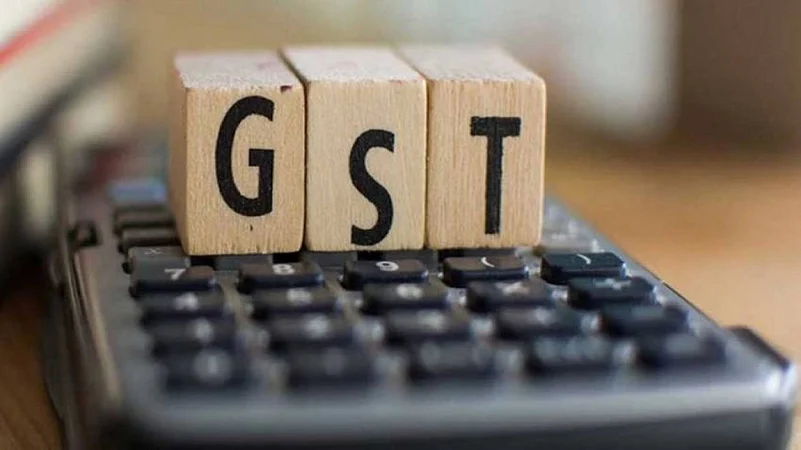The Goods and Services Tax (GST) Council is set to hold its 53rd meeting today to discuss critical issues such as the GST framework, compliance regulations, and industry concerns. The council meeting, to be chaired by Union Finance Minister Nirmala Sitharaman, comes ahead of the Union Budget scheduled to be presented next month (July). The GST Council, which is generally expected to hold a meeting every quarter, has met six times since 2022. Key discussions could include the 28 per cent GST on online gaming, clarification on the taxability of ESOPs, rate restructuring, and rate overhaul recommendations, among other things.
Says Ranjeet Mahtani, Partner, Dhruva Advisors, “The plate is full and expectations are that the Council will take up the issues of rate structure overhauling and rate rationalisation on an overall basis.”
Gunjan Prabhakaran, Partner & Leader, Indirect Tax, BDO India says that clarity is missing on the amendment in law relating to the taxability of corporate guarantees which in turn has led to several issues. “It is expected that the council will issue a detailed clarification which would cover multiple issues on the corporate guarantees,” she states.
GST on Online Gaming
The 52nd meeting took place on October 7, 2023, wherein the council decided to levy a 28 per cent GST on online gaming, casinos, and horse racing. Though the council had plans to reassess this implementation after six months, (around April 2024), the review has not been taken up yet. As a result of this delay, the online gaming sector continues to struggle with huge tax liability, the matter has also been contested in court. The industry concerns
Clarification on the taxability of ESOPs
The council is likely to discuss issues concerning Employee Stock Option Plans (ESOPs) wherein a company's employee owns shares in that company. ESOP can be defined as an employee benefit plan where the shares of the companies are given to the employees at discounted rates.
“The Indian arms of MNCs see demand under reverse charge mechanism on the amounts reimbursed to parent companies for ESOP/RSU, etc. of parent company granted to employees of Indian companies. This typically is a transaction in securities which should not attract GST,” Prabhakaran notes.
It is expected that the council may clarify the treatment of reimbursement of shares by companies such as ESOPs, Employee Share Purchase Plans (ESPPs), and Restricted Stock Units (RSUs) to its employees.
GST on fertilizers
Earlier, in February the Standing Committee on Chemicals and Fertilisers recommended reducing GST on nutrients and raw materials in the interest of fertiliser manufacturing firms and farmers. The GST council is likely to discuss these matters based on the concerns of the fertiliser industry.
Currently, the government levies a 5 per cent GST rate on fertilisers, while raw materials (like Sulphuric Acid and Ammonia) are charged with a higher GST at 18 per cent.
New rule on Aadhaar authentication
As per CNBC18, the council, for the first time, may introduce a new rule for linking Aadhaar biometric authentication to GST registration. The report says that the new rule intends to make the Aadhaar biometric authentication mandatory for future (new) registrations across the country.
Currently, the GST registration requires the following documents:
- Company Incorporation Certificate (CIN No.)
- PAN Card,
- Memorandum, Articles of Association, or LLP Deed
- Address proof such as ownership agreements or lease agreements
- Details of the company's authorised signatory
GST Rate Rationalisation
The most anticipated move by the council revolves around ‘GST rate rationalisation and its restructuring’. The government intends to modify the present GST rates of 5 per cent, 12 per cent, 18 per cent, and 28 per cent, into a three-rate slab. In addition, the council is also expected to deliberate upon including Natural Gas and ATF under GST, which would further ease price pressure along the supply chain of petrochemical players and airlines.









